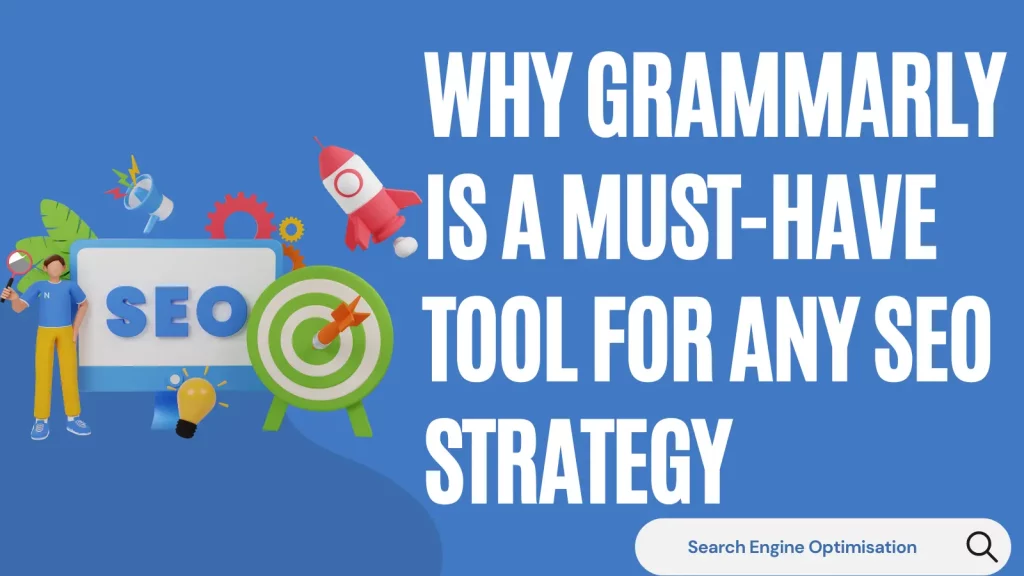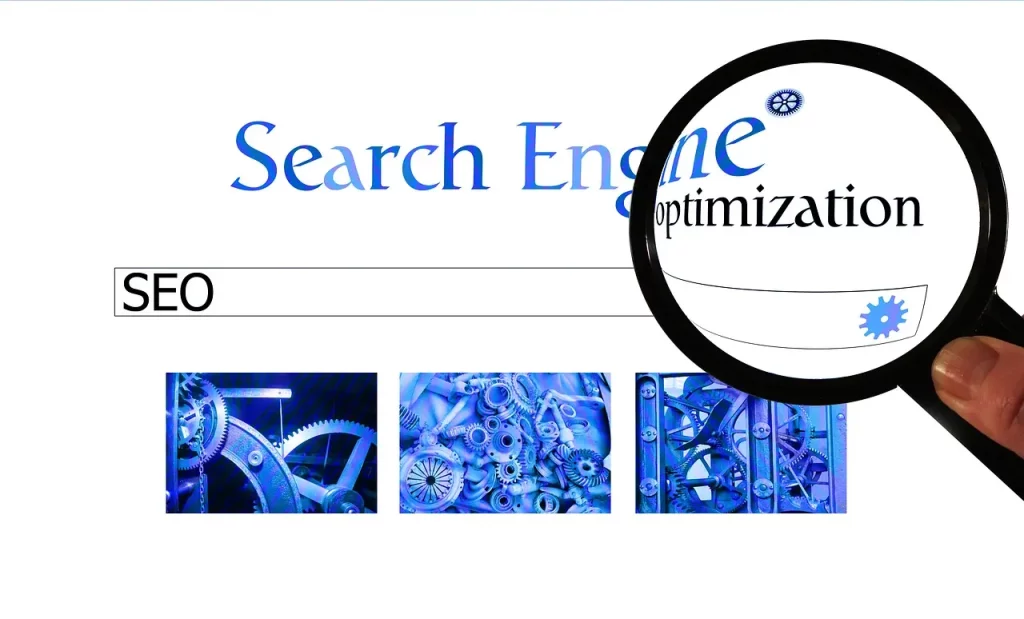Introduction to Grammarly as an SEO tool
Grammarly is an AI-powered writing assistant that helps you improve your writing in real-time. It can check for grammar and spelling mistakes, sentence structure, tone, and even plagiarism. While it’s commonly known as a tool for writers, it’s also a valuable tool for SEO.

Importance of grammar and sentence structure in SEO
Search engines like Google have become smarter in recent years, and they can now understand the context of the content on your website. They can tell if your content is well-written, engaging, and informative. If your content is poorly written with grammar and spelling mistakes, it can hurt your SEO efforts.
How Grammarly helps in SEO
Grammarly can help you improve your writing in several ways. Firstly, it can detect and correct grammar and spelling mistakes. This is essential for SEO because search engines can penalize websites with poor grammar and spelling. Secondly, Grammarly can suggest better word choices and sentence structures to make your content more engaging and informative. This can help improve your bounce rate, which is a critical SEO factor.
Paraphrasing and its role in SEO
Paraphrasing is the process of rewording a sentence or passage to express the same idea in different words. This is important for SEO because search engines penalize websites with duplicate content. Paraphrasing can help you avoid this penalty while still conveying the same information.
How Grammarly helps in paraphrasing
Grammarly has a built-in paraphrasing tool that suggests different ways to rephrase your sentences. This can save you time and ensure that your content is unique and original. Additionally, Grammarly can detect if your content is too similar to another website, helping you avoid duplicate content penalties.
Punctuation and its impact on SEO
Punctuation is often overlooked in writing, but it’s crucial for SEO. Proper punctuation can make your content easier to read and understand, which can improve your bounce rate and ultimately your SEO.
How Grammarly helps with punctuation
Grammarly can detect and correct punctuation mistakes, including missing commas, periods, and semicolons. It can also suggest the use of different punctuation marks to make your content more engaging and informative.
Other features of Grammarly that aid in SEO

Grammarly has several other features that can help improve your SEO efforts. For example, it can suggest synonyms for your keywords, helping you avoid keyword stuffing. It can also analyze the readability of your content, helping you adjust your writing style to make it easier to read.
Grammarly for content optimization
Content optimization is the process of making your content more appealing to search engines. This includes using proper heading tags, meta descriptions, and keyword placement. Grammarly can help you optimize your content by suggesting the proper use of these elements.
Grammarly for keyword optimization
Keyword optimization is the process of using keywords strategically throughout your content to improve your search engine rankings. Grammarly can suggest different variations of your keywords and help you avoid overusing them, which can hurt your SEO efforts.
Why Grammarly is a must-have tool for any SEO strategy
In conclusion, Grammarly is a valuable tool for any SEO strategy. It can help you improve your writing by detecting and correcting grammar and spelling mistakes, suggesting better sentence structures, and even paraphrasing your content to avoid duplicate content penalties.
Additionally, it has several other features that can aid in content and keyword optimization. If you’re serious about improving your website’s SEO, then Grammarly is a must-have tool.
If you’re ready to take your business to new heights in the digital world, look no further than digitalworkagency, the best digital marketing agency that can transform your brand’s online presence.
Our services include Digital Marketing, Web Development, SEO (Search Engine Optimization), SMM (Social Media Marketing), Content Marketing, Google Advertisement & PPC, Social Media.
